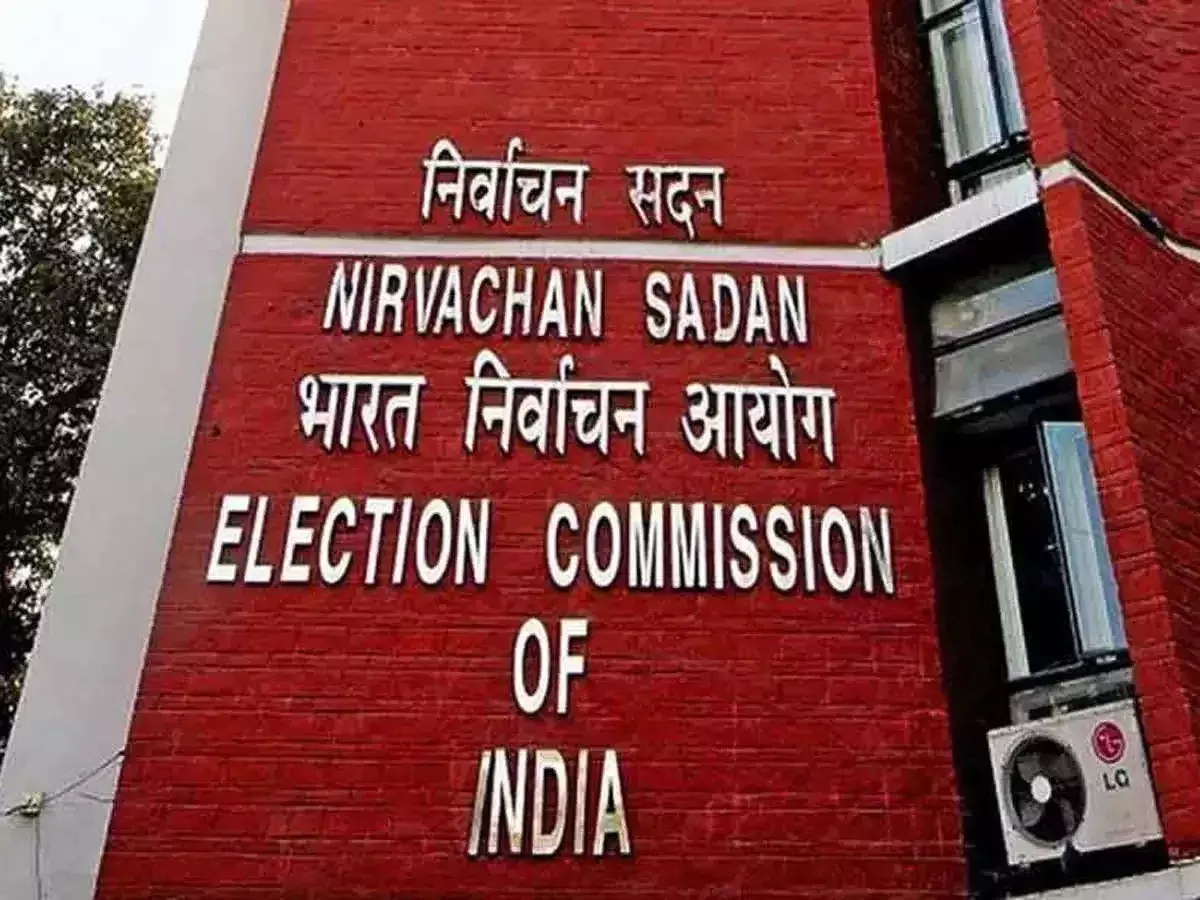Election Commission Develops Prototype Of Remote Voting Machine For Domestic Migrant Voters

In a big ticket electoral reform, the Election Commission of India (ECI) has developed prototype Multi-Constituency Remote Electronic Voting Machine (RVM) and invited political parties for a demonstration of a new kind of Electronic Voting Machine (EVM) that can help migrant workers within the country to vote 'remotely' in their home constituency.
The decision in this regard has been taken to provide them an opportunity to exercise their franchise even without travelling back to their respective home states. The ECI is all set to pilot remote voting for domestic migrants after rolling out the machine demo on January 16 in the presence of the poll body's Technical Expert Committee.
Further, the commission has sought written views of all recognised political parties by January 31 on related issues such as changes required in laws, administrative procedures and voting methods or technology.
However, the EC note has listed several legal, administrative and technical challenges that need to be taken before making the remote voting idea a reality.
According to ECI officials, the Multi-Constituency Remote Electronic Voting Machine (RVM) can be programmed to accept votes for up to 72 constituencies and it can be switched as per the person who's voting.
"Migration based disenfranchisement is indeed not an option in the age of technological advancement. The voter turnout in general elections 2019 was 67.4 percent and the ECI is concerned about the issue of over 30 crore electors not exercising their franchise as well as differential voter turnout in various states/UTs," the poll panel stated in an official communiqué on Thursday.
"It is understood that there are multifarious reasons for a voter not opting to register in a new place of residence, thus missing out on exercising the right to vote. Inability to vote due to internal migration (domestic migrants) is one of the prominent reasons to be addressed to improve voter turnout and ensure participative elections," the EC has said.
"Although there is no central database available for migration within the country, the analysis of available data in public domain points to work, marriage and education related migration as important components of domestic migration. Out-migration is predominant among the rural population in overall domestic migration as approximately 85 percent of the internal migration is within the states," it said, adding that migrant workers choose not to register as voters at temporary places of residence due to social and other reasons.
"After focusing on youth and urban apathy, remote voting will be a transformational initiative for strengthening participation in electoral democracy," Chief Election Commissioner Rajiv Kumar has said.
"Based on the feedback received from various stakeholders and demonstration of the prototype, the Commission will appropriately carry forward the process of implementing remote voting method," it said.
Among the challenges that EC has listed on the roll out of prototype Multi-Constituency Remote Electronic Voting Machine (RVM) include administrative, legal and technological challenges. Under the administrative challenges, the ECI has raised the concerns on providing controlled environment to ensure secrecy of voting at remote locations, provision of polling agents at remote voting booths and ensuring identification of voters to avoid impersonation, number of booths to be set up and locations, appointment of polling personnel for remote polling stations and supervision, implementation of Model Code of Conduct in remote locations – other states.
Under the technological challenges, the ECI has listed the issues of method of remote voting, familiarity of the voters with the methods and counting of votes cast at remote booths and transmit to RO located in other states. Under the legal challenges, the ECI has raised the concerns of need for the amendments in RP Act, 1950 & 1951, the Conduct of Election Rules, 1961 and the Registration of Elector Rules, 1960.



